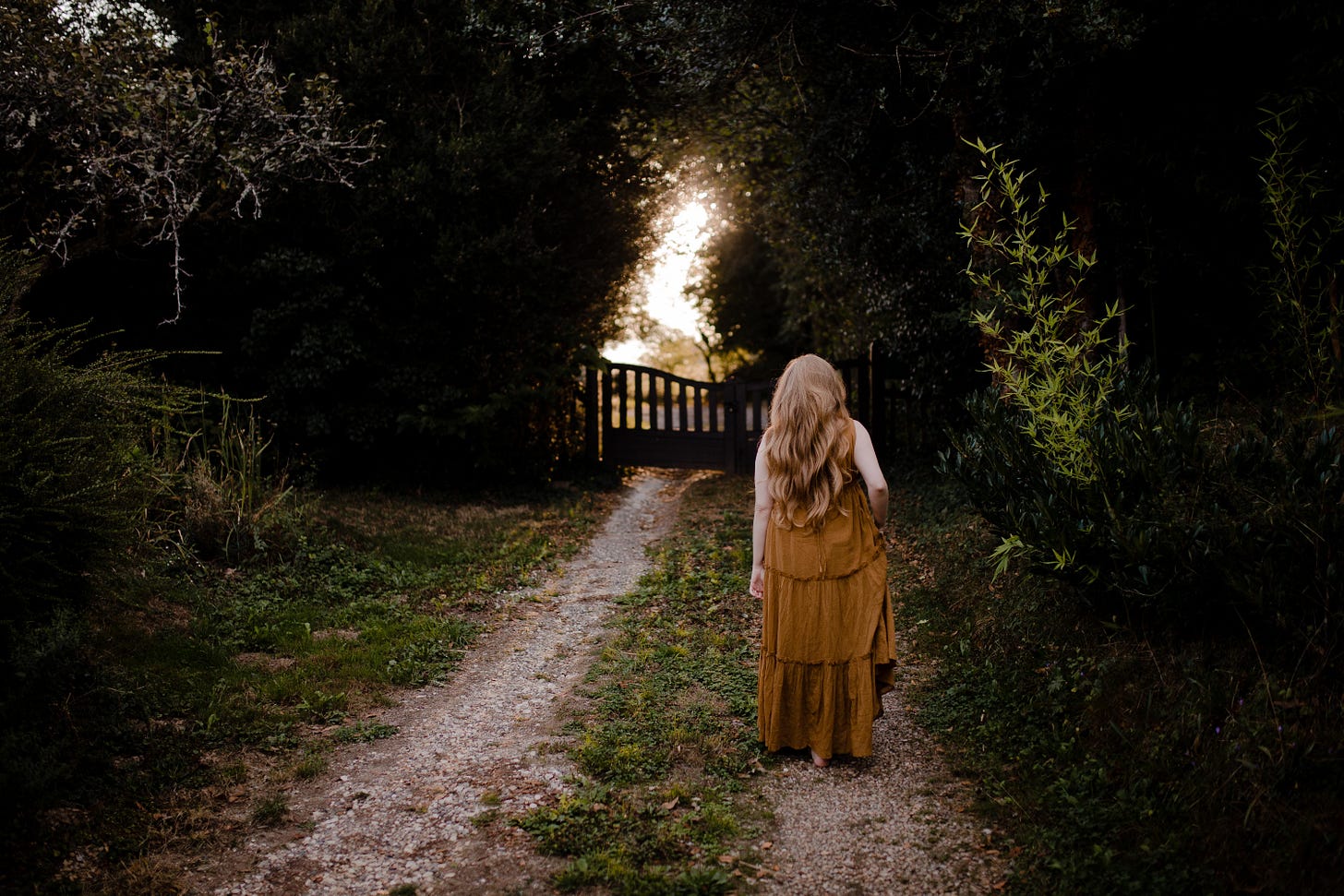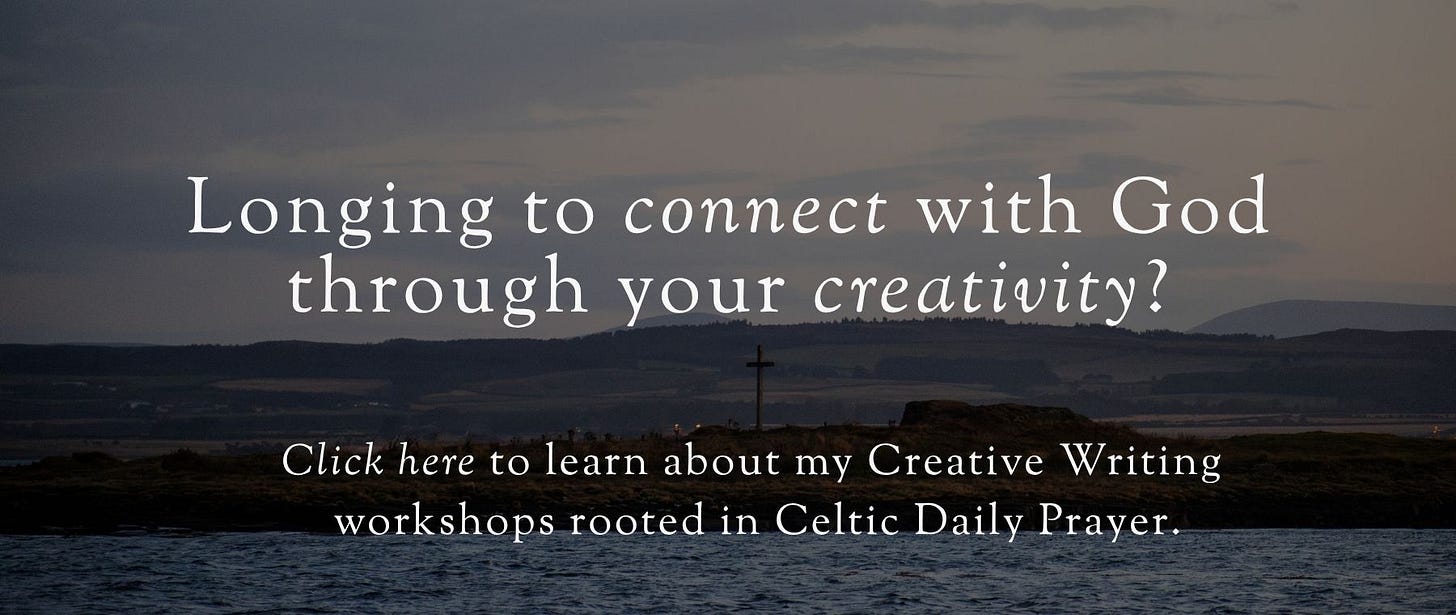With what else can I worship?
A cry of faith for us who are called “fools.”
My driving instructor once implied, whilst I was navigating a tricky intersection, that religion is just a placebo to cope with the struggles of life. He said that people could believe in SpongeBob SquarePants for all he cared if it made them feel better about the world. I nearly ran a red light.
A friend of mine once told me that as long as he witnesses the kind of suffering that takes place in this world, he refuses to believe that God is either real or good. I sat in silence, sipping my rum, wishing I could somehow facilitate his encounter with the manifested presence of Christ.
My lecturer once misquoted Scripture in a seminar about medieval Christianity, mixing up Lot’s sexual history with Noah’s to imply that our favourite Bible stories are more hypocritical than we were taught to believe. We had a good relationship, so I told him that he was mixing up Bible characters to make a point. The students silenced. He moved straight along.
An old boss of mine, during my first job in the UK, looked for any opportunity to talk about what a joke Christianity is. He’d witnessed horrors on a tour through Rwanda. Nothing could convince him that God wasn’t evil, and he took his bitterness out on me. I kept silent.
Some of my dearest, cherished friends, who have walked with me through the valley of the shadow of death ten times over, who know Scripture better than I do, decided, after some reflection and research, that it was all a cult to control them. Their faith became their trauma. Their rage became their energy. And everything I stand for became a relic of a different life — one they hope very much to leave behind.
Something in me has been in a state of lament. As my pelvis throbs from unknown pains and my body feels heavy under the weight of exhaustion, I find myself grieving for how fragile life is. I lament the inevitability of being separated from my loved ones. I do not see the temporary as a vessel to magnify joy— I want no part in the spindly roots of death.
Friends many years my senior often note the great lengths to which we go in order to avoid thoughts of dying. On the outside, I probably appear to be one of them. Just as I might appear to be one who clings to religion as a placebo to pacify my fears. Indeed, there are books I don’t read, films I don’t watch, because their stories bruise my mind with the ugly truth on which I all too often ruminate.
Every day, I grieve. Every day, I consider the possibility that I could be widowed or orphaned or crippled in the blink of an eye. Every day, I question whether God is good. Every day, I think of those who would call me a brainwashed fool in search of a placebo to numb my sorrows.
But then I find myself at a funeral. I’ve attended far too many in the last 5 years. Not a single one of the deceased knew Jesus enough to plan a service which might mention him.
I stare up at cracked walls with peeling plaster behind the casket, while a stranger blandly names off the major life events of the dearly departed: where they schooled, where they worked, where they travelled, who they married. As if they were merely a sum of their deeds.
I listen, funeral after funeral, to the silence between the words. To all that isn’t said. To the hope that should be woven into each sentence. To the hollow voices who don’t understand the power in The Lord’s Prayer they now recite. To the quiet hunger rumbling in the souls of those who remain, those whose tears have nowhere to go.
If my faith is a placebo, it isn’t doing a great job rescuing me from grief; if faith is meant to be a constant state of belief in which we never doubt or question, I fail.
But for all those who might lord logic or realism over my head, I beg the question: how long has it been since you’ve taken inventory of the quiet hunger rumbling in your soul?
Is it truly less logical to conclude that if humanity unanimously longs for a deathless world, it is evidence that we were indeed made for a better one?1 Is it foolish of me to believe that God is good, when I worship One who came to earth himself and wept2 at its brokenness? Is it weak of me to cheerfully refuse reminders of decay when I all too often grieve its mere notion?
Am I too romantic for detesting funerals which accept death as final? Do you know how painful it is to resist the harrowing fear and sorrow that churns inside me? Do you know how vexing it is to cling to that which causes me the greatest doubt?
As I hold a sleeping dog in my arms who I know will one day leave this world. As I contemplate what a future threatened by infertility may hold. As I utter the words “till death do us part” at the altar. As I listened once to the sound of my ParPar playing the piano, knowing that one day, his music would yield to silence. And now it has.
I can only believe in Christ because his very person confirms all that I am. His grief mirrors my grief. His victory is the only answer to everything which I long for. And denying the eternity which has been planted in my heart3 seems altogether less logical, less intellectual, less human than accepting that which I cannot see. To know that every fibre of my being, every thought of my mind, sings to the song of a future that is supremely real is not a placebo. It’s the only thing which makes sense. It’s the remedy to insanity. It’s the sober outlook of a soul whose hunger is no longer ignored.
As I reflect this Advent, death looms over me like a cloud. Christ’s birth feels overshadowed by the imminence of his crucifixion. My life feels overshadowed by the promise of all good things ending. But I refuse to see only a beauty which is enhanced by impermanence. I cheerfully refuse anything less than an end to this ache within my bones. This ache which says that there is a better life than this.
Nothing but resurrection Sunday answers the cry of my heart. Nothing but God made man eases the weary doubts of my mind. If I acknowledge my thoughts and desires as parts of a whole person made of flesh and spirit, what else can I conclude but this? If I admit that what I crave is for no good thing to come to an end, I find my hunger fed in the person of Christ. His birth is merely the beginning. But he lives still.
Perhaps my hatred of death makes me weak, in need of a placebo. Perhaps those who see death and impermanence as a necessary ingredient to beauty are more poetic and robust than me. Perhaps the longings of my heart make me naïve. Perhaps the constant grief I carry as I soak my pain in the bathtub is merely a symptom of too soft a heart. Perhaps the doubt and fear inside of me is proof that faith is not “enough.”
But with what else can I worship? In who else could I possibly place my hope? What other narrative of humanity seems as worthy and beautiful and good? Where else might you find a God who satisfies our logic and our need? How could you possibly convince me, a deep romantic, that impermanence is more profound than eternity when eternity is being offered to me?
We are called many things, those of us who have hope. Doubters. Fools. Hypocrites. Dreamers. Weak. Deceived.
Perhaps these things are true. But I see no other way to be human than this: to acknowledge the multitudes inside me that are constantly matched by my Saviour.
Advent is about more than waiting. It’s about fixing yourself on the promise of an eternity called “home.” It’s about acknowledging that grief and hope and joy all point to a God who shares in every drip of human calibre. It’s about reminding yourself that every ounce of this precious, temporary life is merely a glimpse of what is to come.
If that truth is a placebo, then let me be drunk on it, for I will settle for nothing less. Christ alone is worthy of my hope. Christ alone, friends. Christ. Alone.
All my love,
P.S. If this piece touched your heart, please tap the little “heart” button and share it with others by restacking.
“If I find in myself desires which nothing in this world can satisfy, the only logical explanation is that I was made for another world.” - C.S. Lewis, Mere Christianity






"If I admit that what I crave is for no good thing to come to an end, I find my hunger fed in the person of Christ. His birth is merely the beginning. But he lives still."
Goodness, this is balm for my deconstructing soul. Thank you!
This is one of my favorite articles ever written. Oh, thank you. Thank you!